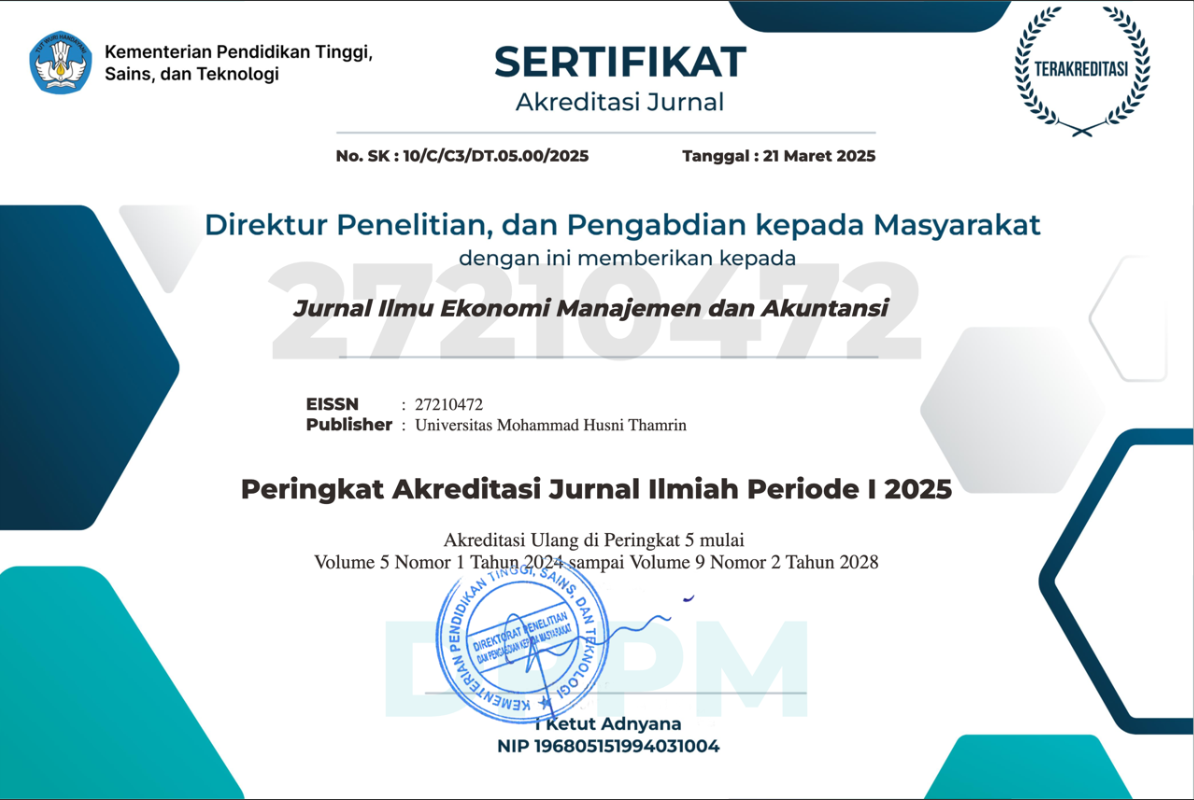The Influence of Tax Reporting and the Core Tax System on Taxpayer Compliance (Study at the Primary Tax Service Office in DKI Jakarta)
DOI:
https://doi.org/10.37012/ileka.v6i1.2826Abstract
Tax revenue is one of the most significant sources of state revenue for financing national development. Therefore, taxpayer compliance is a critical focus in reforming the tax framework system in Indonesia. Digital transformation in tax administration is the government's primary strategy to improve taxpayer compliance. However, the effectiveness of digital tax reporting and the implementation of the Core Tax System still needs to be studied empirically, particularly within the Jakarta Tax Service Office (KPP). This study aims to analyze the effect of tax reporting and the Core Tax System on taxpayer compliance. The research method used is a quantitative approach with a survey technique of 101 respondents, and multiple linear regression analysis to test the partial and simultaneous effects between variables. The results show that tax reporting and the Core Tax System have a significant positive effect on taxpayer compliance, both individually and simultaneously, with an R² value of 0.522. This finding supports the theory of tax compliance and emphasizes the importance of digitizing the tax system. This study provides theoretical contributions to strengthening the fiscal compliance literature, as well as practical recommendations for tax authorities to develop a more inclusive and effective system. Further research is recommended to explore other variables such as tax morality and perceptions of fairness in the context of digitizing tax services.
Downloads
Published
Issue
Section
Citation Check
License
Copyright (c) 2025 Panatagama Siagian, Karsam

This work is licensed under a Creative Commons Attribution 4.0 International License.
Jurnal Ilmu Ekonomi Manajemen dan Akuntansi (ILEKA) Universitas Mohammad Husni Thamrin allows readers to read, download, copy, distribute, print, search, or link to the full texts of its articles and allow readers to use them for any other lawful purpose. The journal allows the author(s) to hold the copyright without restrictions. Finally, the journal allows the author(s) to retain publishing rights without restrictions Authors are allowed to archive their submitted article in an open access repository Authors are allowed to archive the final published article in an open access repository with an acknowledgment of its initial publication in this journal.

Jurnal Ilmu Ekonomi Manajemen Akuntansi (ILEKA) Mohammad Husni Thamrin is licensed under a Creative Commons Attribution 4.0 International License.











